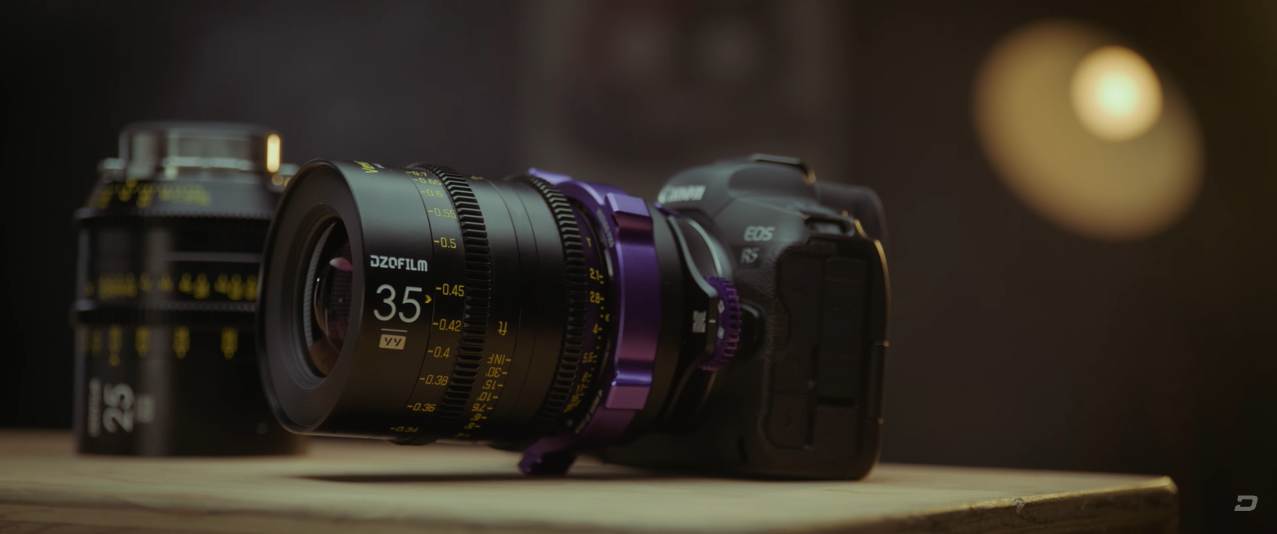6-22-2023
Find out why the DZOFILM Vespid Cinema lens set is a must have for (almost) every filmmaker.
We now live and work in an industry where the gap between ultra high end and budget-friendly camera equipment continues to close.
Today we’re going to take a look at one of the most popular set of budget-friendly prime lenses on the market—— the DZOFILM Vespid cinema lenses.
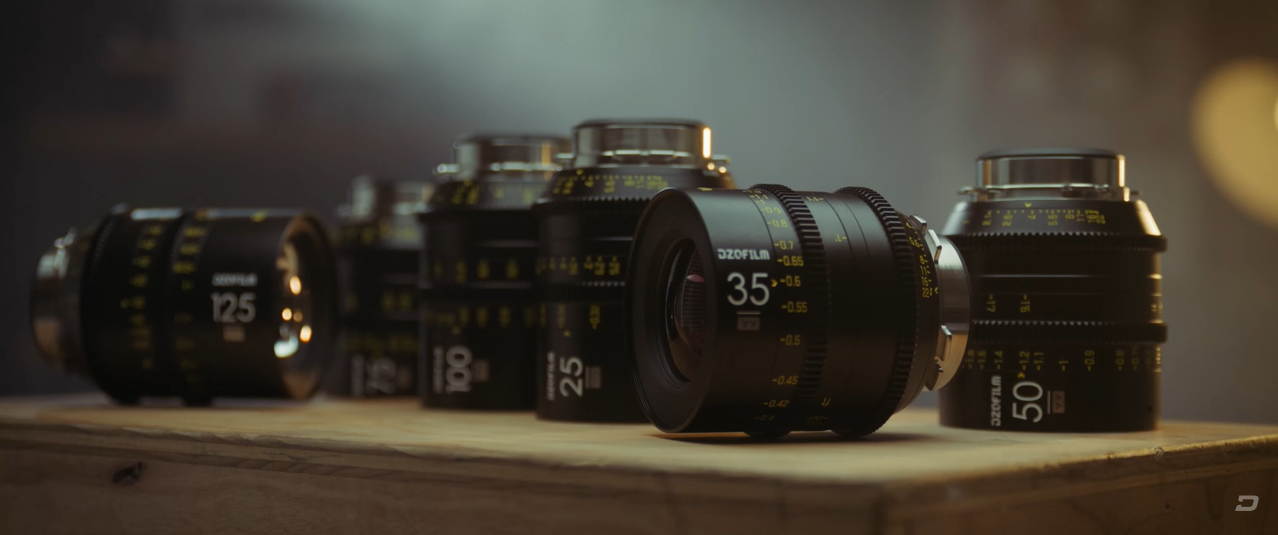
The Vespid cinema lenses are a full set of primes that cover a 46.5 millimeter image circle that’s beyond full frame sensor coverage. These lenses do in fact cover vista vision sensors and although they are made for large format, the optical performance is unaffected when shooting on a smaller format sensor. Available in multiple sets up to 10 lenses, the DZOFILM Vespid lineup finally provides us with a budget conscious option that is capable of hanging with big name Cinema lenses.
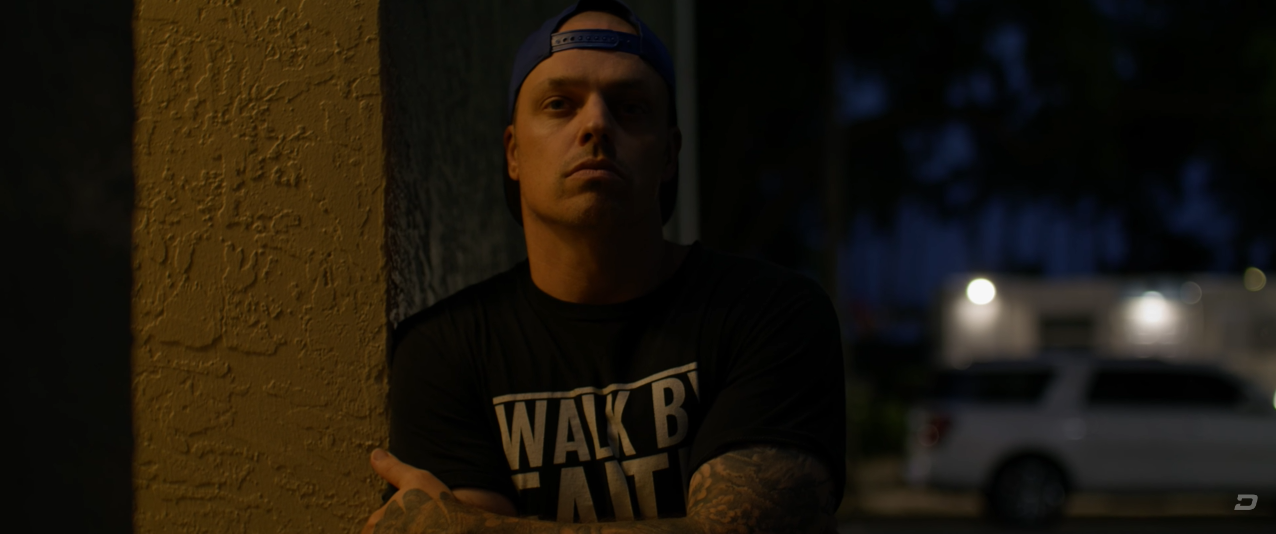
The set that DZOFILM sent me to test consisted of 25 35 50 75 100 and 125mm lenses in PL mount, rounding out the rest of the Vespid lineup is a 16 21 40 and 90mm macro, making the Vespid an amazing option for anyone wanting either a full range of focal lengths or the ability to mix and match lenses that suit their shooting style.
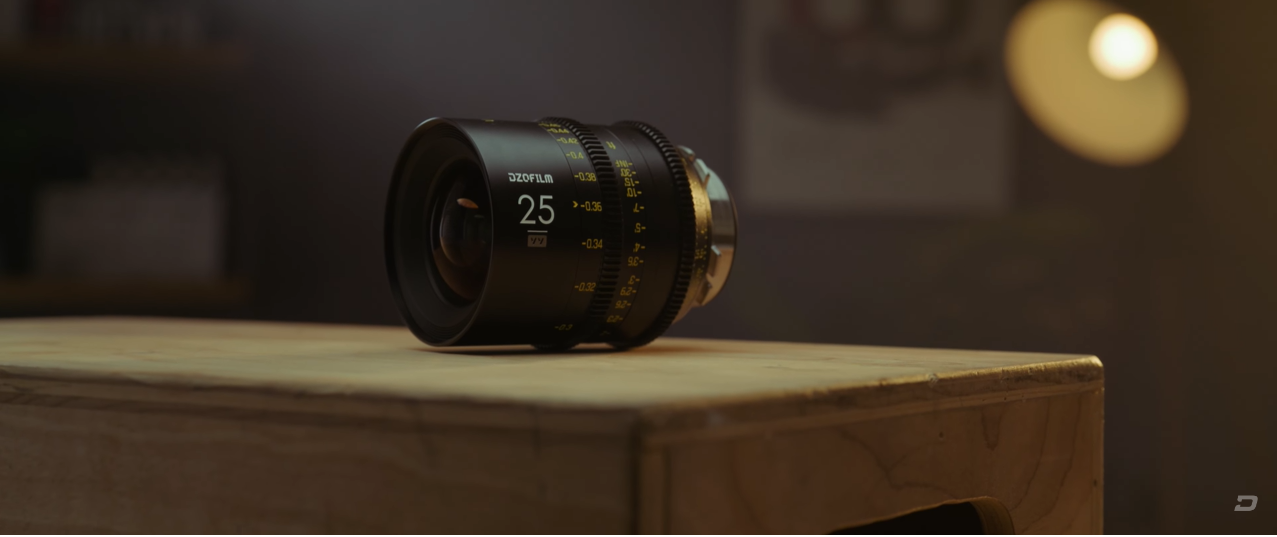
The Vespid aren’t the fastest Cinema primes out there with a t-stop of 2.1 across the set with the 16 mm being the exception at T 2.8 now. I think that this is a compromise that you have to make when spending your money on a budget-friendly set of lenses. Now the glass you put in front of your camera is one of the most important stylistic choices. You can make long before you hit the record button and in the case of the DZOFILM Vespid cinema lens set you’re going to get what I consider to be a more neutral look across the entire set.
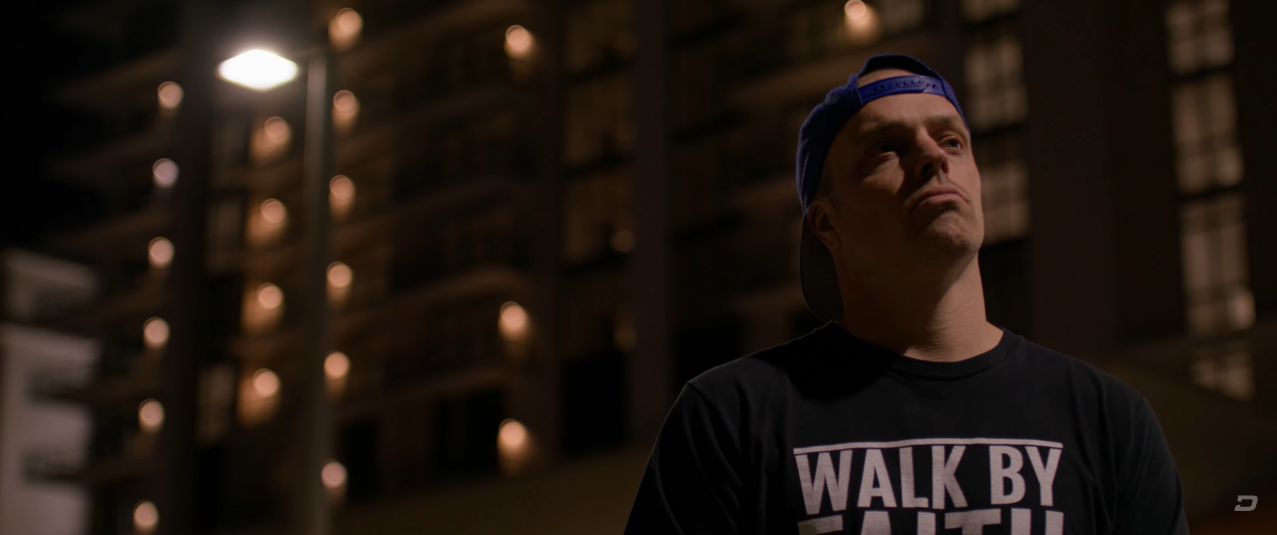
This makes the lens a versatile option for different projects whether commercials interviews music videos documentaries or narrative projects. The shape and character of bokeh in my opinion is a personal preference and while some projects are more suitable to more consistently rendered bokeh than others. I find myself leaning towards a more inconsistent and even retro look for my projects. Lately the bokeh that the Vespid lenses render are a little bit inconsistent across the range but I still find it to be pleasing when shooting wide open.
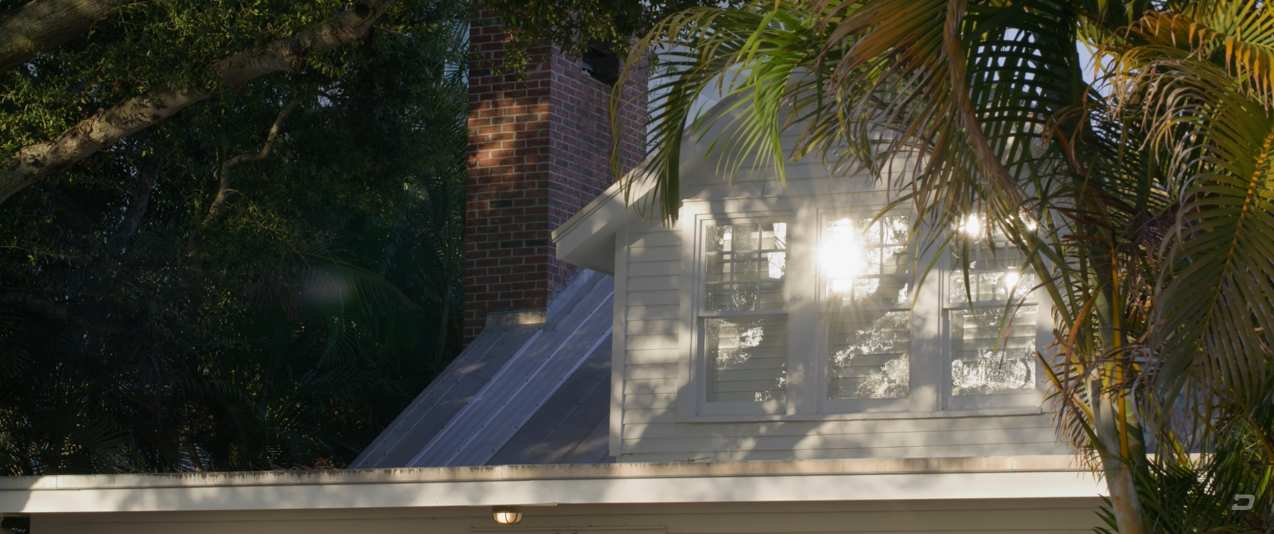
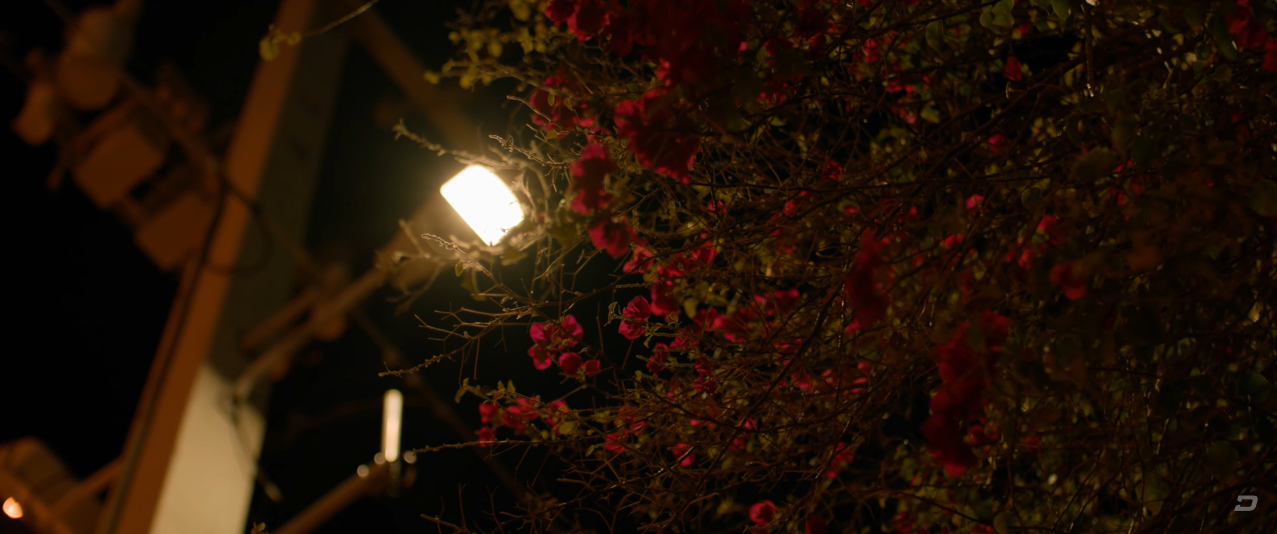
The bouquet starts to cat’s eye towards the outer edges of the frame and I feel that it adds character and interest to the shot but some people might consider this to be a flaw. Luckily for those people cutting is eliminated once you stop down to around T 3.2. now flaring is a wild card with the Vespid depending on the focal length. You can expect unpredictable flaring that can sometimes obliterate contrast across most of the frame when light hits the lens directly. I’d almost consider the flaring to provide a soft dreamy and almost vintage like character to the shots, but for those who want controlled flaring the Vespid may not be for you.

Cross the entire set the Vespid share a softer look than most contemporary cinema lenses, but not necessarily in a bad way. The softer look can be a good way to knock some of the digital edge off of a mirrorless camera sensor but still pair nicely with a more filmic look.

From a cinema camera like the red Komodo sharpness on these lenses tends to fall off towards the outer edges of the frame, which is just another small compromise that you’ll have to deal with if you’re looking for an ultra sharp lens. So when it comes to the look of the footage that you can expect to achieve when using the Vespid cinema lenses I feel that they’re very suitable and versatile set of primes that you can use on a range of different types of work.
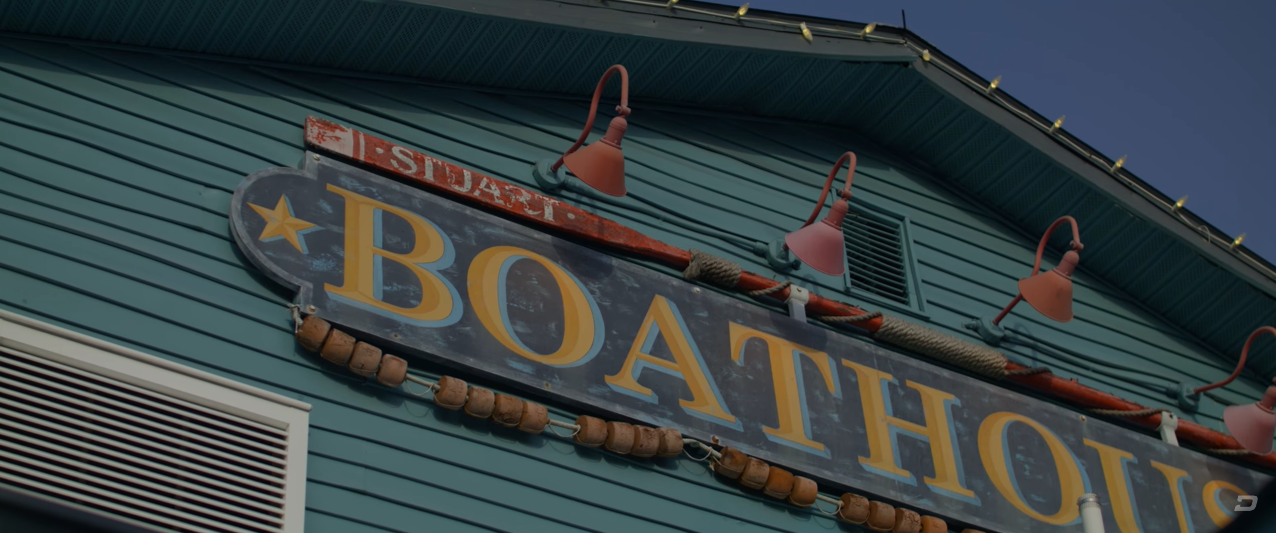
The neutral look in my opinion is a great starting point. And as with any contemporary lens, if you want to dirty these lenses up and knock a bit of sharpness off you can of course experiment with diffusion filters. This all depends on the look you’re trying to achieve for your project which is ultimately your job as a filmmaker and even more so as a DP or director.
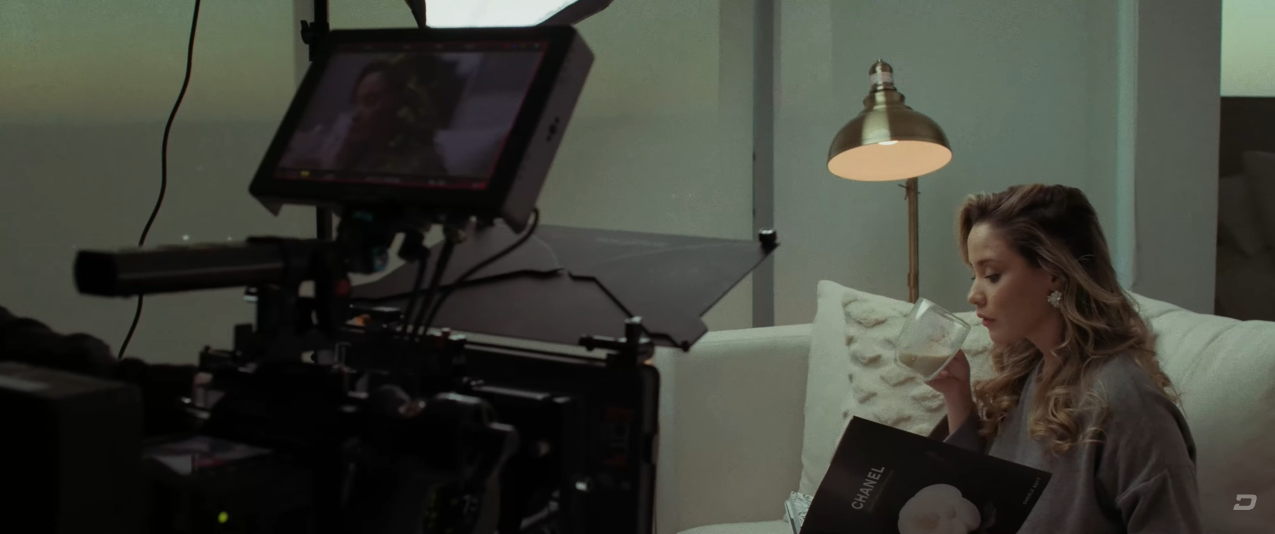
If we were to split filmmaking into three categories being pre-production production and post-production one third of our job pertains to using the gear. And I think it’s important that at least on this channel that we talk about what it’s actually like using the product. In fact we can call this the product experience based on the work that I do. The way a lens is operated makes a big difference in my shooting experience. In the case of pulling focus on the Vespid I found that the manual 270 degree focus throw and smaller size Barrel made it very easy to pull focus on My own by hand. And I’ve said it before on this channel I find that with solo op work a cinema lens with a 270 degree focus throw is the sweet spot.
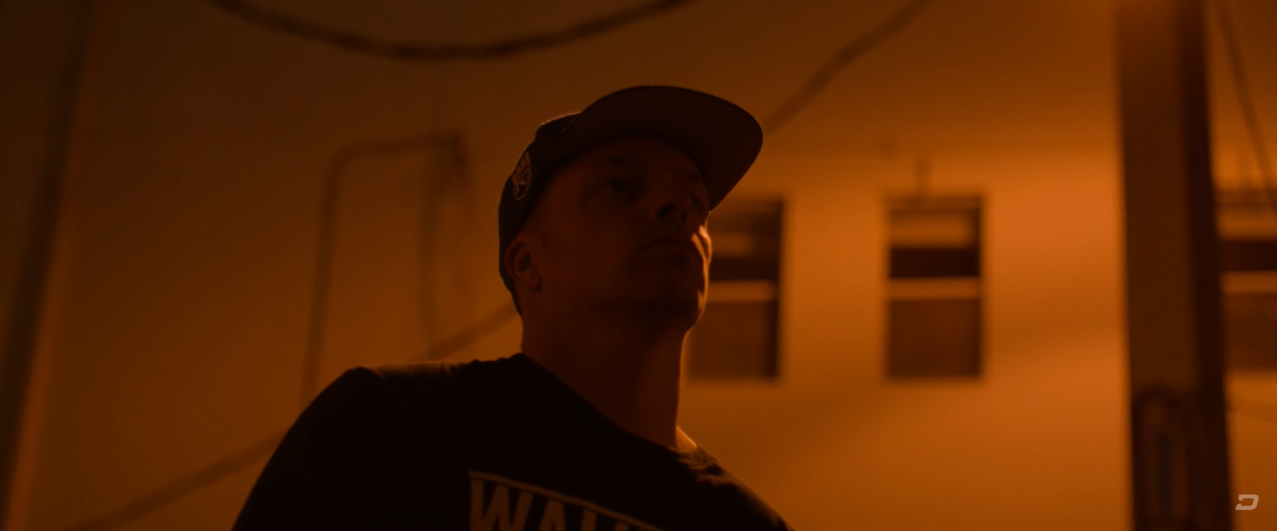
Same can be said for the iris ring. Now I don’t often do Iris pulls during shots but the throw is smooth and consistent across the entire set. And when it comes to shooting often handheld or on a shoulder rig, it could be nice to use a set of primes that are small and lightweight and the Vespid are certainly a winner in that category. When I have these lenses in my studio I was always excited to shoot on them each and every time. They’re lightweight and compact design, which was a welcome change from the heavier high-end cinema lenses that I’ve been using over the past few years. And while the Vespid may not match those lenses when it comes to optical performance.
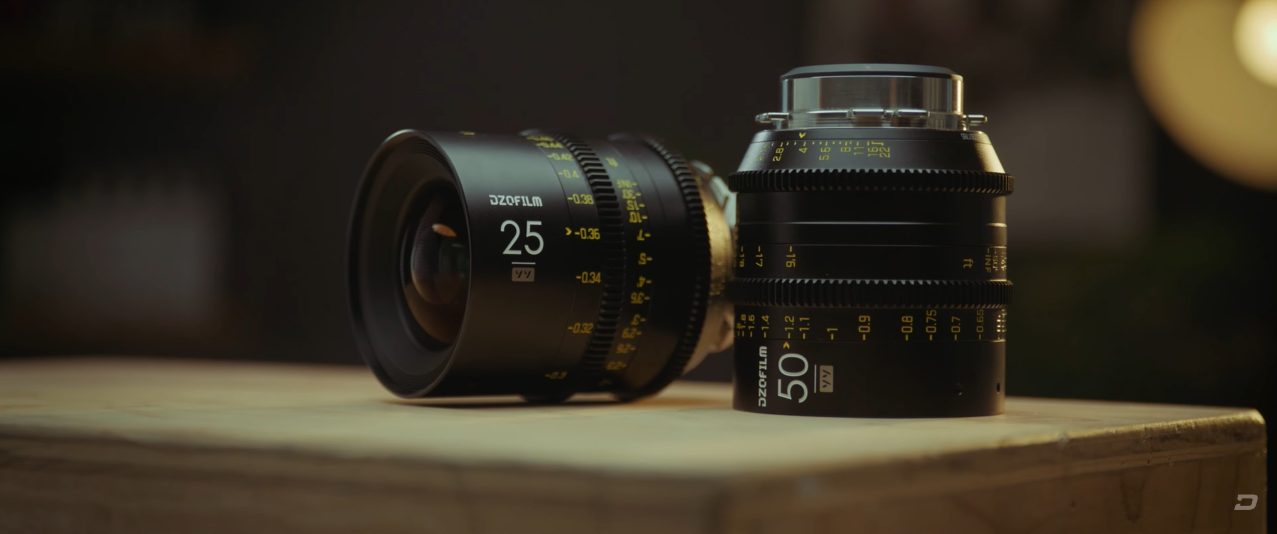
The Vespid did make up for it in other departments so for the Indie filmmaker hobbyist or small production company the DZOFILM Vespid cinema lenses can be a great stepping stone to higher in lenses. But they don’t stop there, with the Vespid primes DZOFILM has created something well worth considering for long-term use based on their value versatility size and weight and even the optical performance. I find that the Vespids have outperformed every other budget cinema lens that I’ve had the opportunity to shoot on even with their compromises. The Vespid value can’t be ignored.
